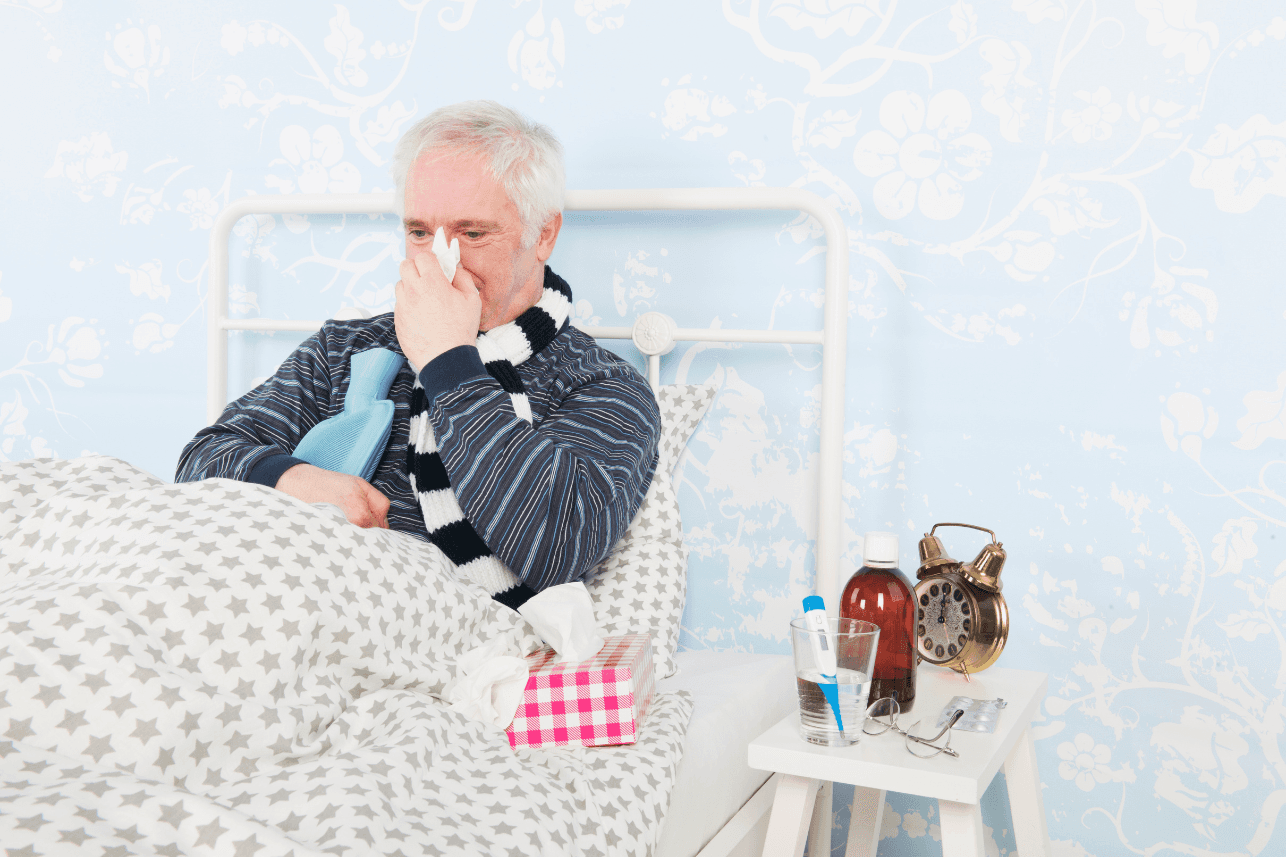Dear Vanessa,
Besides getting a flu shot, what everyday preventive actions can I take to avoid catching the flu? What is the difference between a cold and the flu? What should I do if I get sick? Thank you.
-Gilda
Dear Gilda,
To protect yourself from getting the flu, avoid close contact with sick people. Stay at least 6 feet away from others if they are coughing or sneezing. Wash your hands often with soap and water. If soap and water are not available, use an alcohol-based sanitizer, especially after touching doorknobs and stair rails in public places. Avoid touching your eyes, nose, and mouth. Germs spread this way. Boost your immune system by getting enough sleep, managing your stress, and eating a variety of healthy foods. Drink plenty of fluids. Stay active through regular exercise that your doctor has approved. Avoid exposure to smoke, and use a humidifier to keep air moist.
There are many symptoms shared by colds and flu. These may include: a cough, sneezing, sore throat, runny or stuffy nose, fever and muscle aches, headaches, and tiredness. Flu symptoms are usually more severe: fever that is 100°F or greater, muscle aches that are sudden and unexplained, body chills not related to a cold environment, extreme fatigue, and stomach symptoms (nausea, vomiting and diarrhea).
If you catch the flu, contact your doctor who may prescribe “antivirals.” These drugs can make you better faster and may also prevent serious complications. Stay home for at least 24 hours after your fever is gone, and avoid contact with other people. If you must leave home, for example, to get medical care, wear a facemask if you have one, or cover coughs and sneezes (use a tissue or your upper sleeve--not your hands). Throw the tissue in the trash after you use it. Wash your hands often to keep from spreading flu to others. Emergency warning signs include difficulty breathing or shortness of breath, pain or pressure in the chest or abdomen, sudden dizzines, and confusion.
For adults 65 and older, the flu can lead to more serious complications including bronchitis, pneumonia, and death. Seniors are also at an increased risk of contracting the flu due to a weakening immune system. I recommend that you continue the healthy living habits (actions to prevent the flu) beyond flu season.
-Vanessa
